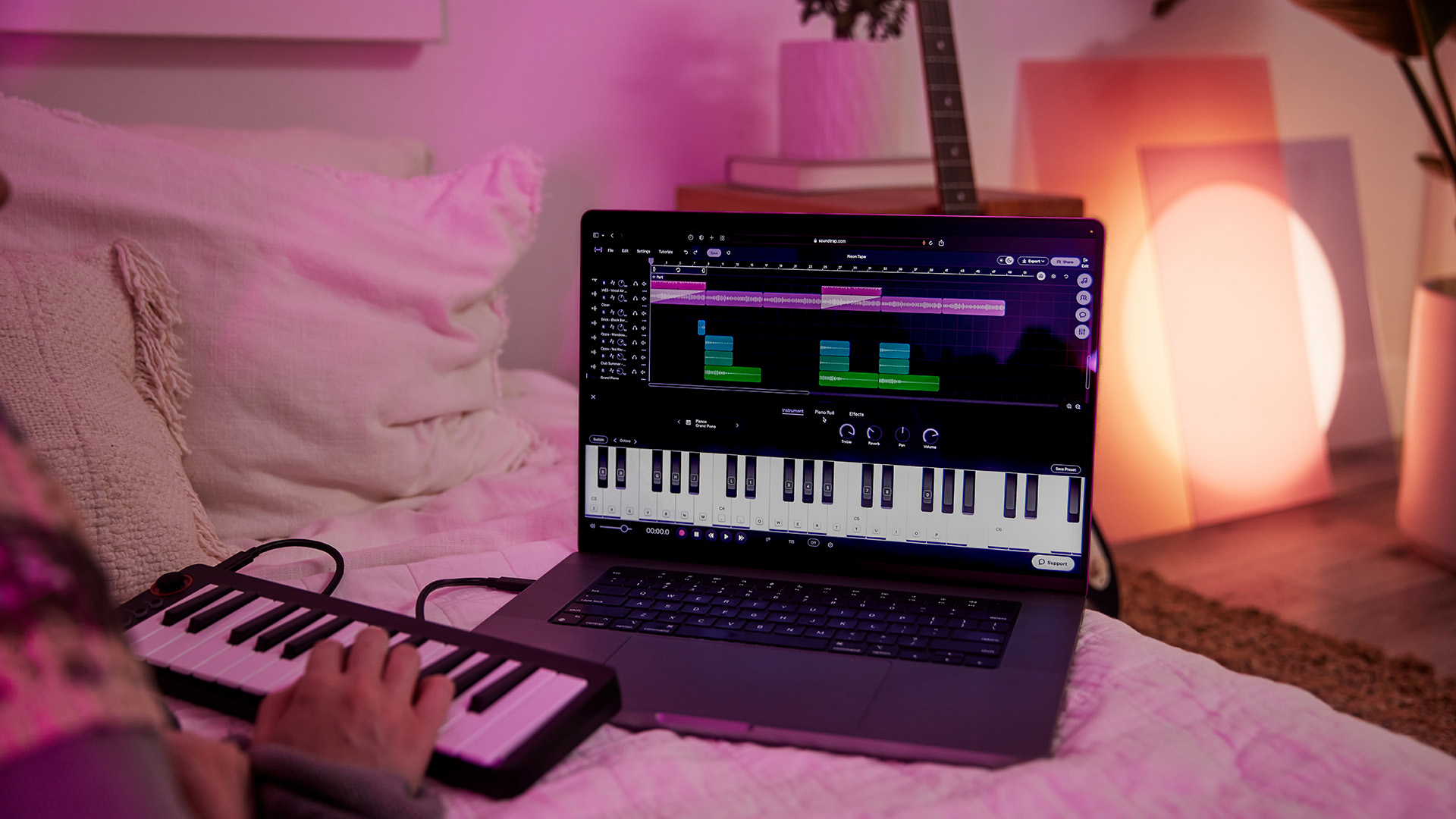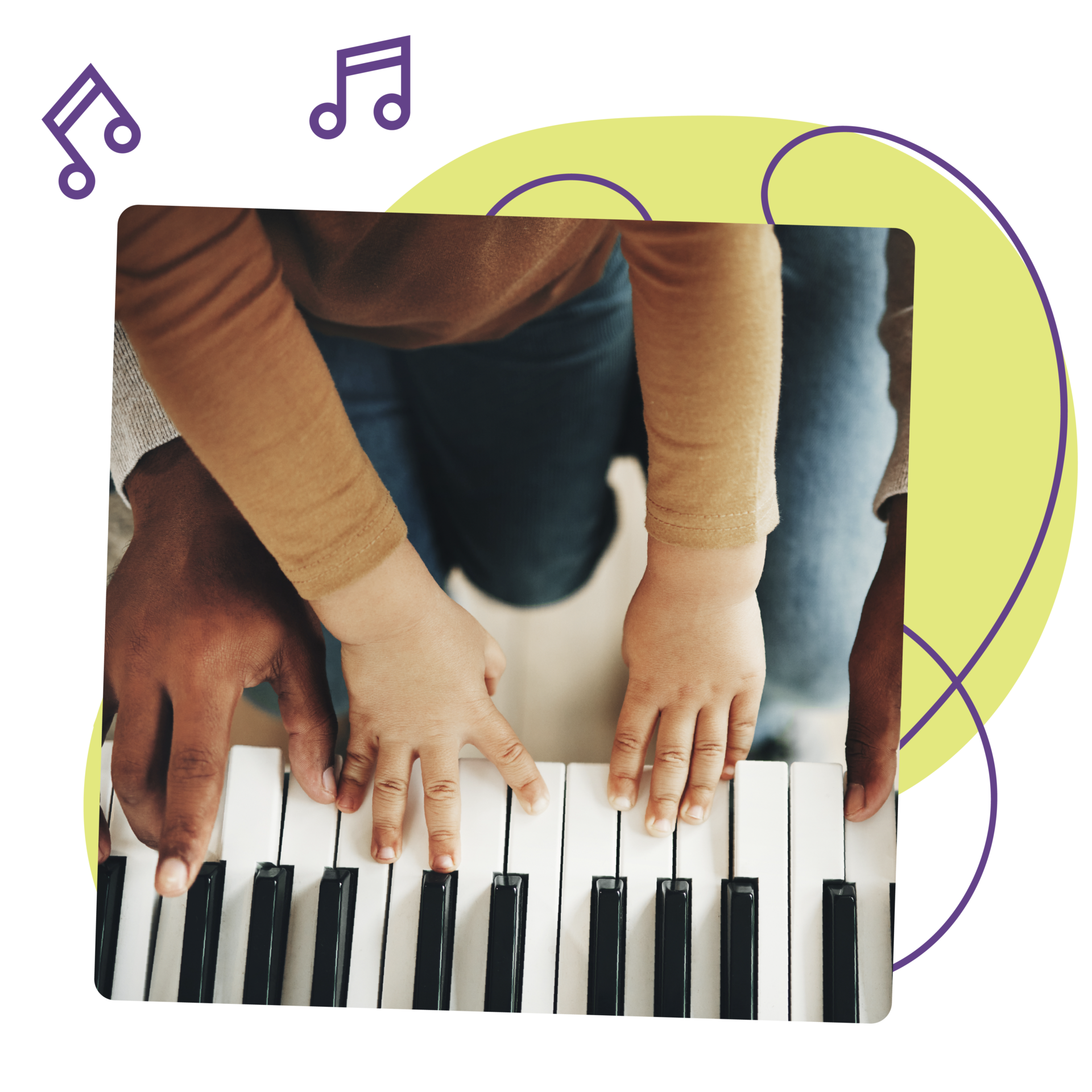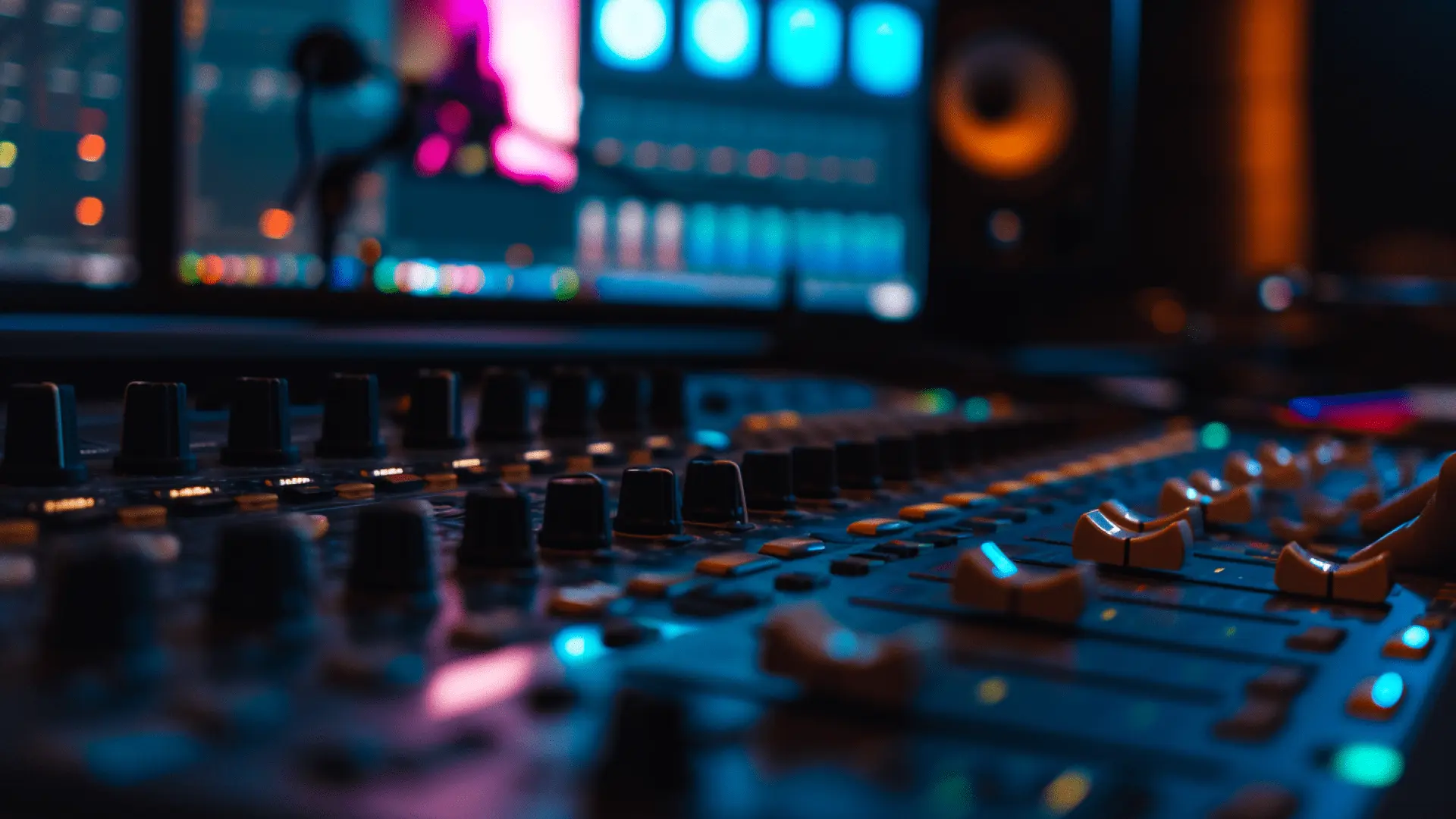From Idea to Song: Practical Steps for Beginners in Music Creation

The Excitement of Crafting Your First Song
Creating music can be an exhilarating experience, one that transforms a simple idea into a heartfelt song. For beginners, however, the process can often seem daunting. But with the right guidance and practical steps, anyone can navigate this exciting world of music creation.
Music is not just about notes and rhythms; it’s about conveying emotions and telling stories. Every chord struck and lyric written is an opportunity to express your feelings, experiences, and beliefs. Whether you’re inspired by a sunset, a piece of literature, or even a conversation with a friend, harnessing these inspirations can help you craft unique songs that resonate. Here are some key components to consider when starting your journey:
- Inspiration Sources: Personal experiences, nature, or even books can inspire your songs. Think of how country music draws from storytelling; artists like Johnny Cash and Dolly Parton share tales of love, hardship, and hope that many listeners can relate to.
- Basic Tools: Familiarize yourself with instruments, software, and recording equipment. For instance, learning to play the guitar can be invaluable as it’s a widely used instrument in various music genres. Additionally, digital audio workstations (DAWs) like GarageBand or Ableton Live can provide you the software needed to produce and edit your music from the comfort of your home.
- Song Structure: Understanding the basics of verses, choruses, and bridges is crucial. The standard structure of verse-chorus-verse allows you to build tension and release it, which is essential for engaging listeners. For example, think about hits like “Shape of You” by Ed Sheeran where the catchy chorus is perfectly positioned to captivate the audience.
As you learn to translate your thoughts and feelings into sounds, it’s important to remember that every musician started as a beginner. This journey entails experimenting with different sounds, styles, and instruments to find your unique voice. Embrace the process of trial and error; it is a crucial part of growth. Here, resources such as online tutorials and music workshops can significantly enhance your learning experience.
From developing a catchy melody to crafting impactful lyrics, the journey from an initial idea to a polished song is both achievable and rewarding. Take the time to hone your craft, collaborate with other musicians, and seek feedback. Join local music communities or online forums where you can share your work and learn from others’ experiences.
Join us as we delve into the world of music creation. Each phase of your creative process not only enhances your skills but also enriches your passion for music. Your journey may start with just a simple idea, but as you explore the depths of musical expression, you may discover a fulfillment that goes beyond mere sound.
DISCOVER MORE: Click here to dive deeper
Finding Your Creative Spark
Every song begins with a flicker of inspiration. Whether it’s a lyric that pops into your head during a late-night stroll or a melody that resonates with you while driving, capturing these creative sparks is the first step in your songwriting journey. For beginners, it’s crucial to recognize that these moments of inspiration can arise from anywhere. Taking the time to nurture your creativity can open up a world of possibilities in music creation.
Keeping a Journal is one of the most effective ways to harness your creative energy. Many songwriters keep a notebook or digital note app where they jot down interesting phrases, emotions, or ideas for lyrics. This practice not only helps you to collect your thoughts but also serves as a rich resource when you’re ready to sit down and compose. Some notable artists, like Taylor Swift and Ed Sheeran, are known for their extensive catalog of ideas that often lead to full-fledged songs. By reviewing your journal, you can find themes to explore and connect ideas that might seem otherwise unrelated.
Exploring Different Genres can also breathe new life into your songwriting endeavors. Each genre has unique characteristics that inspire different kinds of stories and sounds. For instance, if you typically write pop music, dabbling in country or jazz might introduce new chord progressions and lyrical styles that can invigorate your creativity. Try listening to artists from various backgrounds, and don’t hesitate to borrow elements that resonate with you. This eclectic approach keeps your music fresh and engaging.
Another powerful tool in your songwriting arsenal is collaboration. Joining forces with fellow musicians can introduce you to new perspectives and techniques that can elevate your work. Whether you collaborate with a friend, join a local band, or participate in songwriting groups, sharing ideas can lead to unexpected breakthroughs. The synergy created in collaborative settings often results in songs that transcend each individual’s capabilities. According to a report by the National Endowment for the Arts, collaboration is a key factor in the success of many successful artists, as it encourages innovation and experimentation.
- Attend Workshops: Many cities offer music workshops where beginners can learn from professionals and collaborate with others.
- Participate in Online Forums: Websites and social media groups dedicated to music creation can provide valuable feedback and ideas.
- Local Open Mics: These events are fantastic for connecting with other musicians and performing your work in front of an audience.
As you gather your ideas and explore your influences, remember that emotional authenticity is vital in songwriting. Listeners connect more deeply with songs that evoke genuine feelings, so be honest with yourself in expressing your thoughts and experiences. Consider crafting lyrics that reflect your personal narrative, as these authentic themes often resonate on a universal level.
Embarking on creating your first song can be a profound experience filled with challenges and triumphs. By focusing on finding and nurturing your ideas, collaborating with others, and embracing your emotional core, you can successfully transition that initial spark of creativity into a song that is uniquely yours. The journey may be long, but the reward of seeing your thoughts and emotions come to life in music is an exhilarating adventure worth undertaking.
Key Steps in Music Creation
Creating music for beginners might feel daunting, but by breaking down the process into manageable steps, you can transform your idea into a complete song. The initial phase revolves around brainstorming. As a beginner, it’s essential to explore different concepts, themes, and emotions you wish to convey through your music. You can jot down words, phrases, or even tunes that resonate with your vision, allowing creativity to flow freely.Next, consider developing a melody. A captivating melody is often the heart of any song. Hum or play around with notes on an instrument. Utilize digital audio workstations (DAWs) like GarageBand or FL Studio, which provide user-friendly interfaces for beginners. Experiment with different tempos, keys, and instruments until you find a sound that feels just right.Moving forward, let’s talk about lyrics. If your song will contain vocals, writing compelling lyrics is crucial. Focus on storytelling—what message do you want to convey? Explore your own experiences or canvas fictional narratives that spark interest. Don’t hesitate to revise your lyrics multiple times; sometimes the perfect line comes after several drafts.After solidifying your melody and lyrics, it’s time to focus on arrangement. Determine the structure of your song, typically consisting of verses, choruses, and possibly a bridge. This structure provides a framework, guiding listeners through the emotional journey you are creating. Lastly, incorporate production elements to polish your track. Layering sounds and utilizing effects can enhance the overall sonic landscape of your song. Take advantage of samples, loops, and virtual instruments available within your DAW to enrich your creation.
Creating Your Music Portfolio
As you develop skills in the craft of songwriting, building a portfolio becomes essential. This collection of your works showcases your growth and style as a musician. Consider self-releasing your tracks on platforms like SoundCloud or Bandcamp, where aspiring artists can share their work and gain feedback. Social media also serves as a powerful tool to connect with other musicians and potential fans, allowing you to share snippets of your crafting journey.The world of music creation is vast and filled with opportunities. Each of the steps outlined above moves you closer to your vision of turning that initial idea into a song. Embrace the learning process, explore various genres, and don’t shy away from experimenting—every great musician started somewhere.
EXPLORE MORE: Click here to discover modern tools for composers
Transforming Ideas into Melodies
Now that you’ve captured your creative insights and explored different sources of inspiration, it’s time to dive into the pivotal stage of turning those ideas into melodies. At this point, you’ll be able to channel your raw thoughts and feelings into structured musical pieces. This phase helps you refine initial concepts and morph them into a tangible piece of art.
Experimenting with Chord Progressions is an essential step in building the foundation of your song. Chord progressions set the mood and structure of your piece, giving it an emotional anchor. Beginners may find success by starting with common progressions like I-IV-V or vi-IV-I-V. Utilizing tools like GarageBand or MuseScore can assist in visualizing and arranging your chords. As you experiment, don’t shy away from mixing in unconventional progressions, as this can lead to unique and surprising outcomes. According to a study by the Berklee College of Music, exploring various chord combinations can elevate your songwriting skills exponentially.
Additionally, developing a Catchy Melody that aligns with your lyrics is crucial. Craft melodies that reflect the emotion of your lyrics, capturing the essence of the story or message you want to convey. A simple way to start is by humming or playing around with scales on an instrument, allowing your creativity to flow without constraints. Pay attention to the rhythm and dynamics of your melody; sometimes, a few tweaks in these areas can make your tune more engaging. Remember, many classic songs are built around simple yet captivating melodies—a great reminder that complexity isn’t always necessary.
Next, the structural format of your song is equally important. Understanding common song structures such as verse-chorus-verse or ABAB patterns will help you organize your thoughts effectively. For instance, the verse typically sets the scene, while the chorus brings the emotional punch that draws listeners in. Familiarize yourself with popular formats by analyzing songs from artists like Beyoncé or Bruno Mars. By dissecting their song structures, you can learn how to maintain listeners’ interest from start to finish.
You might also find value in utilizing Lyric Writing Techniques. This involves not just creating profound content but also focusing on the sound and rhythm of the words. Techniques such as rhyme schemes, alliteration, and metaphors add depth to your lyrics. For example, the use of imagery in your verses can help paint a vivid picture for your audience, making them feel more connected to the song. Numerous online platforms, like RhymeZone, can aid in exploring rhyme possibilities, expanding your lyrical vocabulary and creativity.
- Practice Regularly: Frequent songwriting exercises can help sharpen your skills and deepen your understanding of musical concepts.
- Record Your Ideas: Use your phone or a recording device to capture your melody and progress even when a musical instrument isn’t available.
- Seek Feedback: Sharing your work with peers or mentors can provide valuable insights to refine and enhance your song.
In the context of music production, it’s essential to embrace the process of trial and error. Not every idea will lead to a stellar composition, and that’s perfectly normal. The key is to stay resilient and curious. As you increasingly familiarize yourself with the elements of songwriting, your confidence will grow, allowing for a smoother path towards creating your first song.
Embrace this exploration of music creation unapologetically and revel in each learning moment along the way. Whether you’re writing a heartfelt ballad or an upbeat anthem, the adventure of bringing your ideas to life is one filled with discovery and joy.
EXPLORE MORE: Click here to deepen your self-awareness journey
Conclusion
In conclusion, the journey from idea to song offers a thrilling exploration of creativity that anyone can embark upon. As a beginner, understanding the core components of music creation—such as experimenting with chord progressions, crafting catchy melodies, and adhering to established song structures—can significantly enhance your songwriting process. Pairing these fundamental techniques with effective lyric writing strategies allows your unique voice to shine through your compositions.
The steps outlined in this guide encourage you to embrace your personal experiences and emotions, transforming them into relatable musical narratives. Remember, regular practice and the willingness to accept feedback are key elements that will help refine your craft. The process of trial and error is not just a stepping stone; it is a vital part of your growth as a songwriter.
As you venture into music creation, allow yourself to savor each moment of discovery. With tools and resources readily available, the barriers to creating music have diminished, offering countless opportunities for self-expression. Whether you’re inspired by life events, nature, or personal reflections, take that leap of faith and start putting your ideas into music. In doing so, you may just find that your songs resonate with others, creating connections that span beyond borders. So pick up your instrument, jot down those lyrics, and let your first song take flight!



